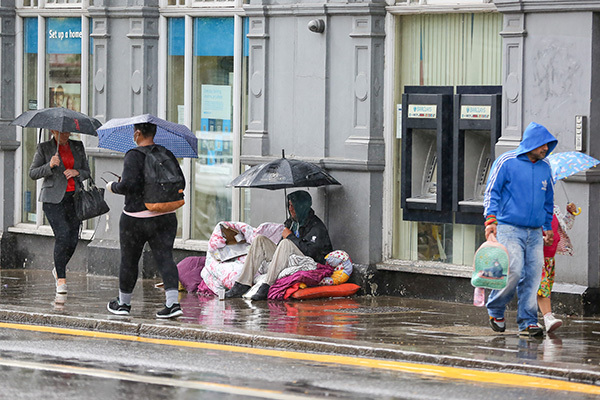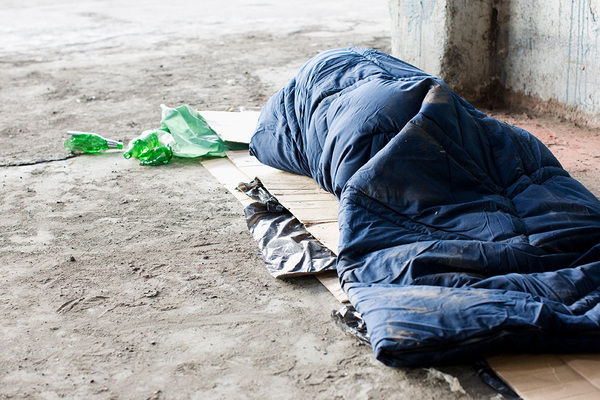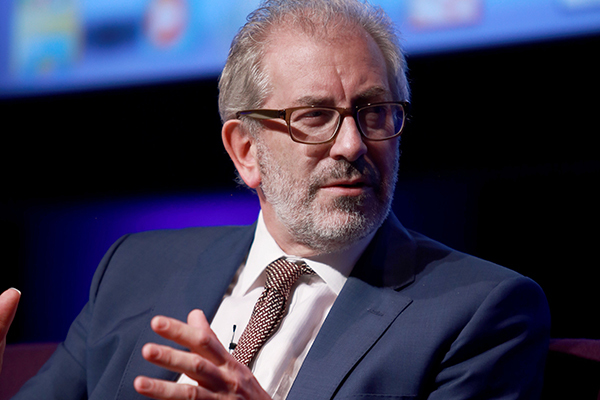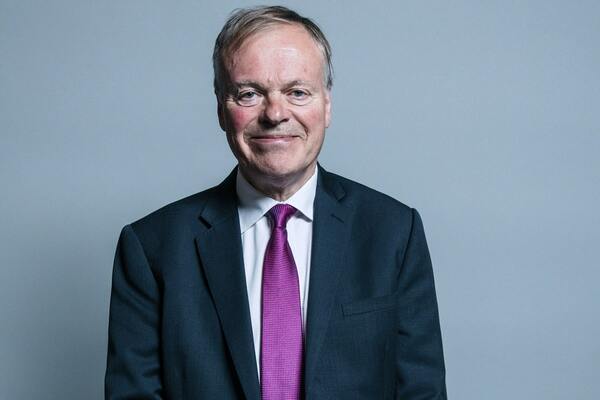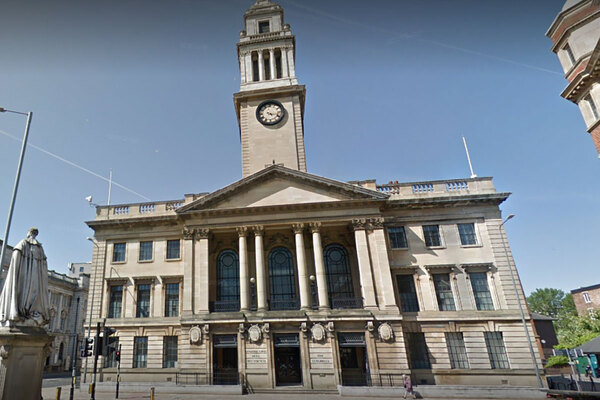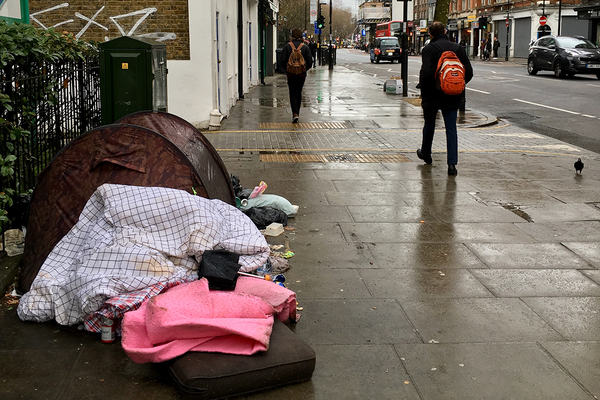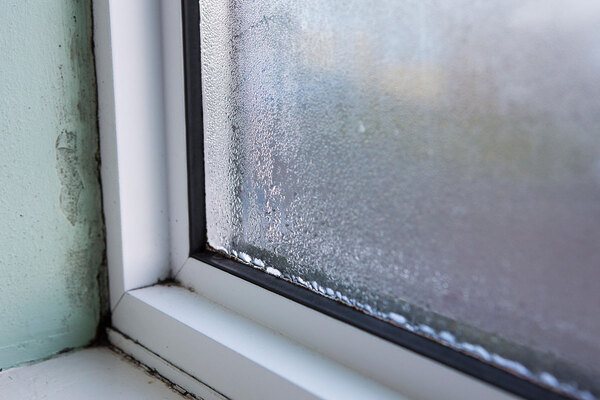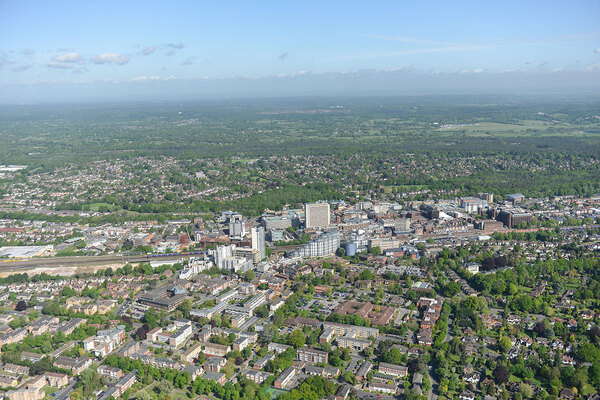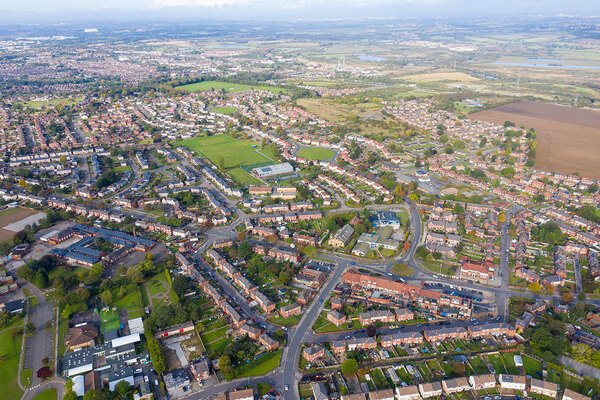You are viewing 1 of your 1 free articles
‘Everyone In’ scheme exposed faults in government’s rough sleeping strategy, MPs say
Discrepancies between pre-pandemic rough sleeping data and figures for the government’s ‘Everyone In’ scheme have exposed gaps in ministers’ approach to getting people off the streets, MPs have warned.

The influential Public Accounts Committee (PAC) has today published a report highlighting weaknesses in the Ministry of Housing, Communities and Local Government’s (MHCLG) understanding of the number of rough sleepers across England.
The cross-party MPs noted that MHCLG statistics show 37,430 people had been helped into accommodation by January 2021 as a result of Everyone In, aimed at putting a roof over rough sleepers’ heads during the COVID-19 crisis.
But this figure is nearly nine times MHCLG’s official estimate for the number of rough sleepers in the country, which stood at 4,266 in March 2020.
Labour MP Meg Hillier, chair of the PAC, said: “Rough sleeping was a massive public health issue long before the pandemic, and much larger than government has previously publicly acknowledged.
“MHCLG now has a huge opportunity to capitalise on this success in the pandemic response and begin to reverse its long record of failed and abandoned housing targets and policies.”
The report also warned that government still does not have a plan to fulfil its commitment to end rough sleeping by 2024 and risks failing to take advantage of the success of Everyone In.
MHCLG has not yet defined exactly what “ending” rough sleeping actually means, the committee said, and called on the government to publish a draft strategy before parliament’s summer recess.
The committee noted that ending rough sleeping will involve addressing the wider lack of availability of supported and affordable housing.
It accused MHCLG of “disappointing evasiveness” over its ability to provide 3,300 homes for rough sleepers by the end of March 2021 as previously suggested, adding that the £161m funding was a “short-term and reactive” strategy with the majority of these homes expected to be leased or purchased existing buildings rather than new additions to the housing stock.
The PAC also expects this accommodation to be temporary with average stays of two years, while MHCLG has not given details on what will be available for people to move into afterwards.
Local authorities have also been advised against providing support to non-UK nationals with ‘no recourse to public funds’ (NRPF), causing financial difficulties for London and West Midlands authorities, the report said. According to the report, in these areas around 50% of those staying in hotels were being recorded NRPF at the beginning of winter 2020/21.
“People without recourse to public funds are still left exposed and risk losing support. Support for these people is urgent,” said Ms Hillier.
Last week, the High Court ruled that councils can lawfully house people classed as having NRPF during the pandemic.
Jon Sparkes, chief executive of Crisis, said: “It’s critical that the immediate response to coronavirus translates into long-term, systemic change.
“We need to see a clear strategy from government setting out how this will happen, including a plan to ensure everyone who is rough sleeping will be supported to find somewhere permanent to live.”
David Renard, housing spokesperson for the Local Government Association and leader of Swindon Council, said: “We now want to work with government on a cross-departmental homelessness prevention strategy to make this the new normal, rather than a one-off emergency response, and end rough sleeping.
“The funding provided by government to tackle rough sleeping has been vital. But if councils are to prevent homelessness from happening in the first place, short-term reactive pots of funding need to be replaced by long-term funding issued through multi-year settlements to give councils the certainty they need to plan local services.”
An MHCLG spokesperson said: “We reject the unfounded criticisms in this report – we have always been clear that the annual count represents the number of rough sleepers on a single night and this report misuses different data to provide an inaccurate picture.
“Funding for these government programmes is allocated to ensure it reaches everyone considered homeless over the course of a full year.”
Update at 9.15am, 17.03.21
This story was updated with a response from MHCLG
Sign up for our homelessness bulletin
Already have an account? Click here to manage your newsletters

